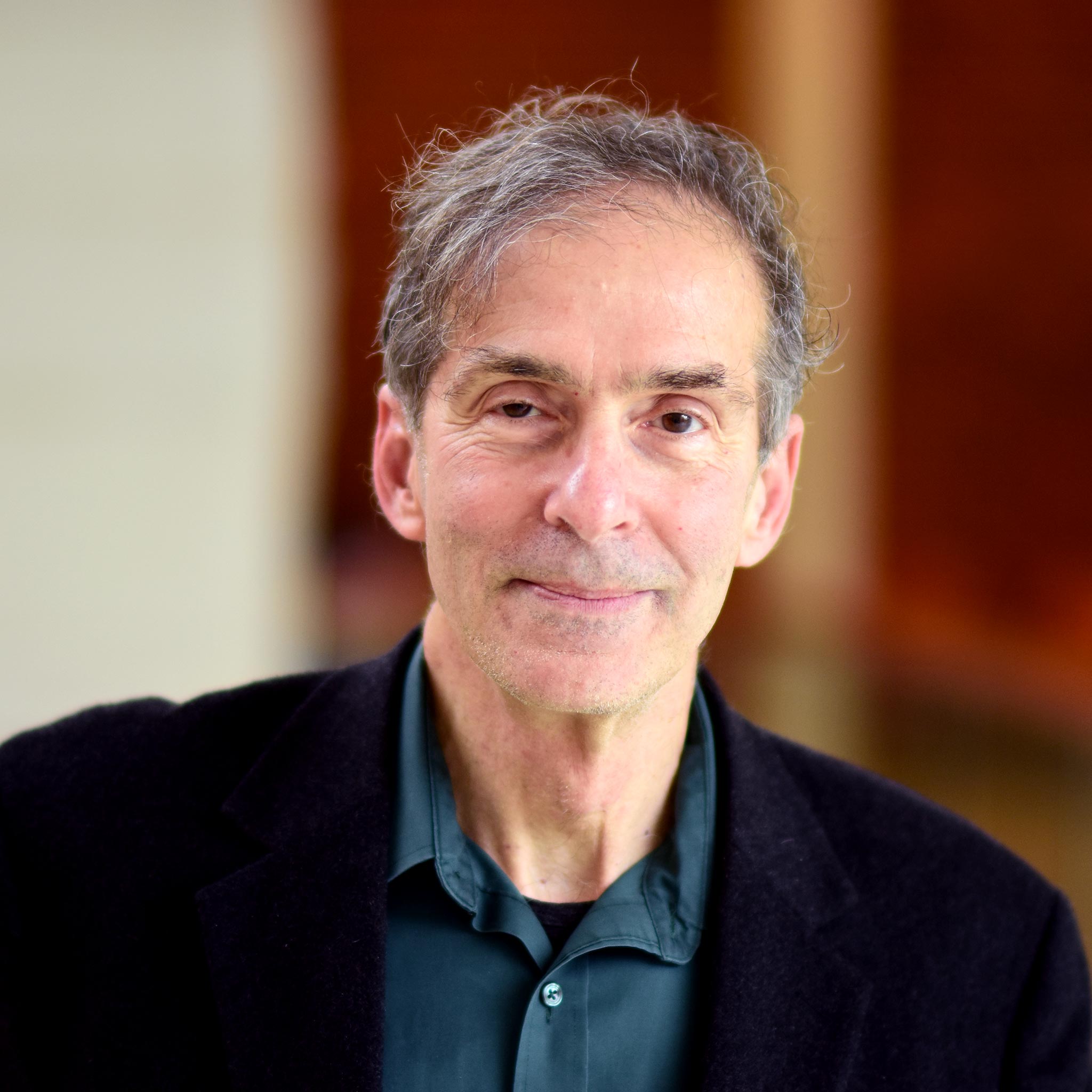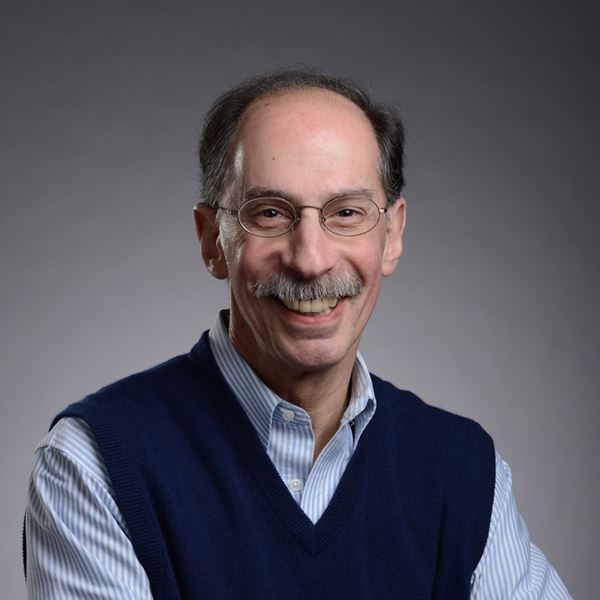What did the founders mean by equality? Did they understand it differently than we do? Who among history’s great political thinkers influenced those who authored the Declaration? And how might the Founders shed light on our own concerns with equality today?
We put these and other questions to four of the nation’s leading scholars of American political thought.
Click here to watch the video on YouTube >>
About the scholars:
 James Ceaser is the Harry F. Byrd Professor of Politics at the University of Virginia, where he has taught since 1976. In addition, he is the Director for Constitutionalism and Democracy and was a Senior Fellow at the Hoover Institution. He has written several books on American politics and political thought, including Presidential Selection (Princeton University PRess, 1979), Liberal Democracy and Political Science (Johns Hopkins University Press, 1992), and Reconstructing America (Yale University Press, 2000). Professor Ceaser has held visiting professorships at the University of Florence, the University of Basel, Oxford University, the University of Bordeaux, and the University of Rennes. He is a frequent contributor to the popular press, and he often comments on American Politics for the Voice of America.
James Ceaser is the Harry F. Byrd Professor of Politics at the University of Virginia, where he has taught since 1976. In addition, he is the Director for Constitutionalism and Democracy and was a Senior Fellow at the Hoover Institution. He has written several books on American politics and political thought, including Presidential Selection (Princeton University PRess, 1979), Liberal Democracy and Political Science (Johns Hopkins University Press, 1992), and Reconstructing America (Yale University Press, 2000). Professor Ceaser has held visiting professorships at the University of Florence, the University of Basel, Oxford University, the University of Bordeaux, and the University of Rennes. He is a frequent contributor to the popular press, and he often comments on American Politics for the Voice of America.
Professor Ceaser is a JMC board member and faculty partner.
Learn more about James Ceaser >>
 Michael Zuckert is the Nancy Reeves Dreux Professor of Political Science, Emeritus at the University of Notre Dame, Visiting Scholar at Arizona State University, and Founding Editor of American Political Thought. Professor Zuckert taught graduate and undergraduate courses in Political Philosophy and Theory, American Political Thought, American Constitutional Law, American Constitutional History, Constitutional Theory, and Philosophy of Law. He has published extensively on a variety of topics, including George Orwell, Plato, Shakespeare, and contemporary liberal theory and is currently completing Natural rights and the New Constitutionalism, a study of American constitutionalism in a theoretical context.
Michael Zuckert is the Nancy Reeves Dreux Professor of Political Science, Emeritus at the University of Notre Dame, Visiting Scholar at Arizona State University, and Founding Editor of American Political Thought. Professor Zuckert taught graduate and undergraduate courses in Political Philosophy and Theory, American Political Thought, American Constitutional Law, American Constitutional History, Constitutional Theory, and Philosophy of Law. He has published extensively on a variety of topics, including George Orwell, Plato, Shakespeare, and contemporary liberal theory and is currently completing Natural rights and the New Constitutionalism, a study of American constitutionalism in a theoretical context.
Professor Zuckert is a JMC faculty partner.
Learn more about Michael Zuckert >>
 Ralph Lerner is the Benjamin Franklin Professor Emeritus of Social Thought at the University of Chicago. Professor Lerner attended public school in Chicago, received his degrees in political science at the University of Chicago, and had a year of post-graduate study of medieval Hebrew at the University of Cambridge. He has served in the U.S. Army. All of his teaching has been at the University of Chicago, apart from visiting appointments at Stanford, Cornell, and Harvard universities and a visiting lectureship at the Institut Raymond Aron. He has received fellowship awards from the Rockefeller Foundation and the National Humanities Center. He has received a Quantrell Award for excellence in undergraduate teaching. His books include, among others, The Founders’ Constitution (co-edited with Philip B. Kurland), The Thinking Revolutionary: Principle and Practice in the New Republic, Revolutions Revisited: Two Faces of the Politics of Enlightenment, and Maimonides’ Empire of Light: Popular Enlightenment in an Age of Belief.
Ralph Lerner is the Benjamin Franklin Professor Emeritus of Social Thought at the University of Chicago. Professor Lerner attended public school in Chicago, received his degrees in political science at the University of Chicago, and had a year of post-graduate study of medieval Hebrew at the University of Cambridge. He has served in the U.S. Army. All of his teaching has been at the University of Chicago, apart from visiting appointments at Stanford, Cornell, and Harvard universities and a visiting lectureship at the Institut Raymond Aron. He has received fellowship awards from the Rockefeller Foundation and the National Humanities Center. He has received a Quantrell Award for excellence in undergraduate teaching. His books include, among others, The Founders’ Constitution (co-edited with Philip B. Kurland), The Thinking Revolutionary: Principle and Practice in the New Republic, Revolutions Revisited: Two Faces of the Politics of Enlightenment, and Maimonides’ Empire of Light: Popular Enlightenment in an Age of Belief.
Professor Lerner is a JMC faculty partner.
Learn more about Ralph Lerner >>
 Stuart Warner is a Professor of Philosophy at Roosevelt University and the director of its Montesquieu Forum for the Study of Civic Life. He previously served as Visiting Professor at the University of Chicago’s Committee on Social Thought in 2005 and at the University of Chicago’s Center for Study of the Principles of the American Founding in 2007. Professor Warner has published essays on Locke, Spinoza, Burke, Bentham, Hegel, Hume, Adam Smith, and Montesquieu. He edited editions of the writings of Hume, Michael Polanyi, and James Fitzjames Stephen. Additionally, he has edited and translated a bilingual edition of La Rochefoucauld’s Maxims.
Stuart Warner is a Professor of Philosophy at Roosevelt University and the director of its Montesquieu Forum for the Study of Civic Life. He previously served as Visiting Professor at the University of Chicago’s Committee on Social Thought in 2005 and at the University of Chicago’s Center for Study of the Principles of the American Founding in 2007. Professor Warner has published essays on Locke, Spinoza, Burke, Bentham, Hegel, Hume, Adam Smith, and Montesquieu. He edited editions of the writings of Hume, Michael Polanyi, and James Fitzjames Stephen. Additionally, he has edited and translated a bilingual edition of La Rochefoucauld’s Maxims.
Professor Warner is a JMC faculty partner.